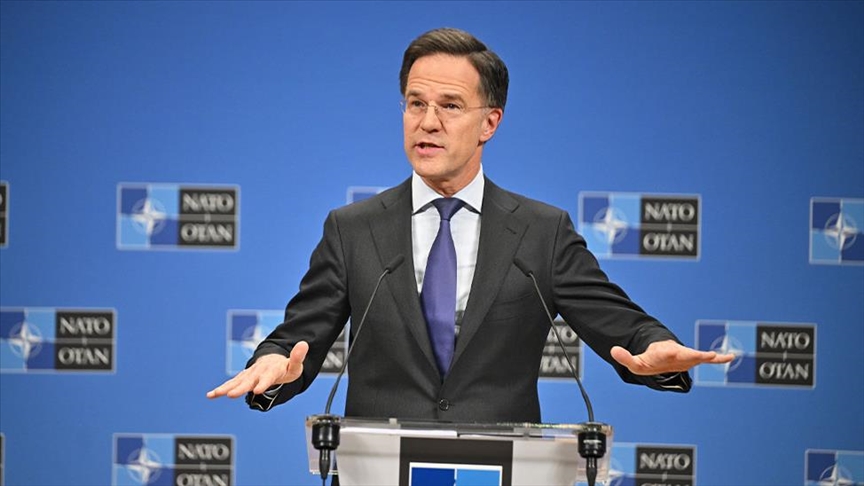Rights groups in Greece alarmed amid wiretapping scandal
ANKARA
Rights groups and the press in Greece are worried over the confirmed surveillance of an opposition party leader and two journalists by the country’s intelligence agency, according to a researcher at the Human Rights Watch.
“We are seriously alarmed over the confirmed surveillance of (journalists) Thanasis Koukakis, Aris Malichoudis and the leader of the opposition PASOK-KINAL party, Nikos Androulakis,” Eva Cosse told Anadolu Agency, following a major scandal that rocked Greek politics over the past week.
Amid growing concerns on media freedom in Greece, Cosse said, government interference and harassment of independent outlets is becoming more common.
In a televised address to the nation, Prime Minister Kyriakos Mitsotakis on Monday acknowledged that Androulakis was wiretapped by the state’s intelligence agency, but denied he knew about the surveillance.
The announcement followed the resignation of National Intelligence Service (EYP) head Andreas Kontoleon and the prime minister’s General Secretary Grigoris Dimitriadis last Friday.
The scandal erupted last week when Kontoleon told a parliamentary committee that his agency had been spying on journalist Koukakis.
A parliamentary probe was launched after Androulakis complained to top prosecutors about an attempt to hack his cellphone with Israeli-made Predator tracking software.
It is against this backdrop that the HRW urges Greek authorities to investigate and publicly identify those responsible for the surveillance and take all necessary measures to prevent such incidents in the future, she added.
“The authorities need to make sure journalists have a safe working environment and are not intimidated and surveilled.”
Moreover, Panayote Dimitras, spokesperson of the Greek Helsinki Monitor rights group, said the wiretapping of the journalists and party leader, with prosecutor consent, was inconceivable in a country where there is rule of law.
He argued that Prime Minister Mitsotakis’ claim that he did not know of the surveillance of Androulakis was either untrue or a sign of incompetence.
“In either case, in a rule of law state, he — and not the secretary general — should have resigned,” Dimitras said.
“But, Greece in such issues proves not to be a rule of law state and we will not be surprised if the prime minister not only does not resign but comes out a winner in the next election, since the opposition has been chronically weak,” he added.
Reporters Without Borders (RSF), on the other hand, referred in particular to the spying on financial journalist Koukakis and Stavros Malichudis.
It noted that while Kontoleon admitted to wiretapping Koukakis in 2020, the now-former intel chief did not say why.
“The lack of transparency about the reasons for placing Koukakis under surveillance has raised questions about the measure’s legality.
“In the absence of solid grounds for suspecting a national security threat, such surveillance would constitute a serious press freedom violation,” the RSF said.
“RSF deplores this treatment of journalism as a threat to national security.”
Anadolu Agency website contains only a portion of the news stories offered to subscribers in the AA News Broadcasting System (HAS), and in summarized form. Please contact us for subscription options.



